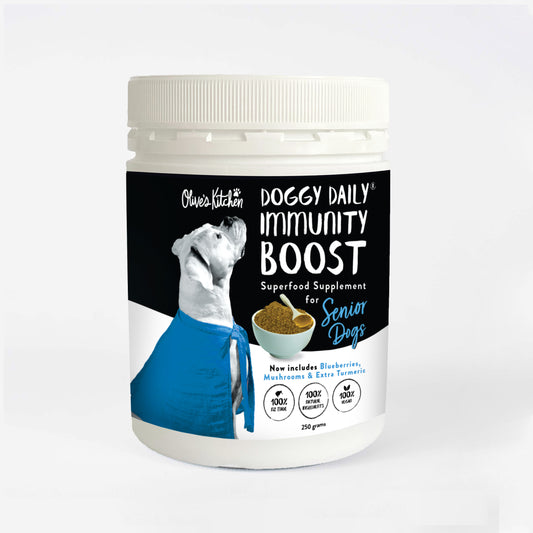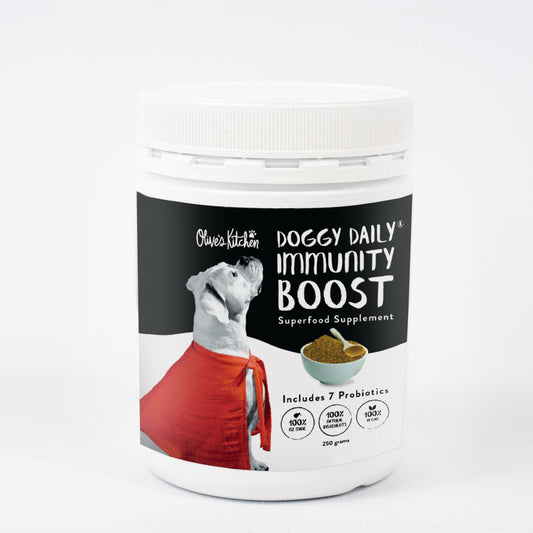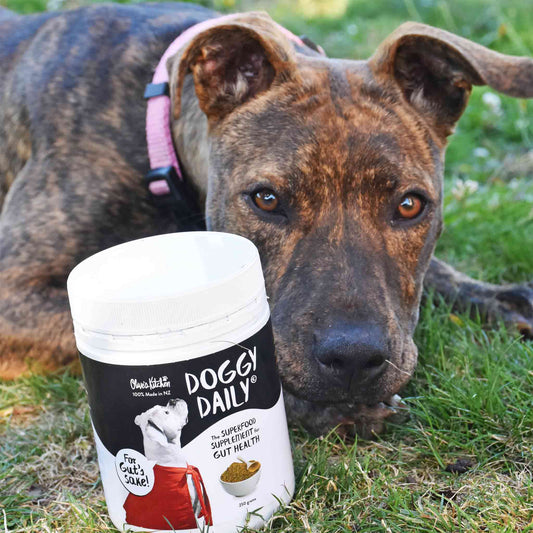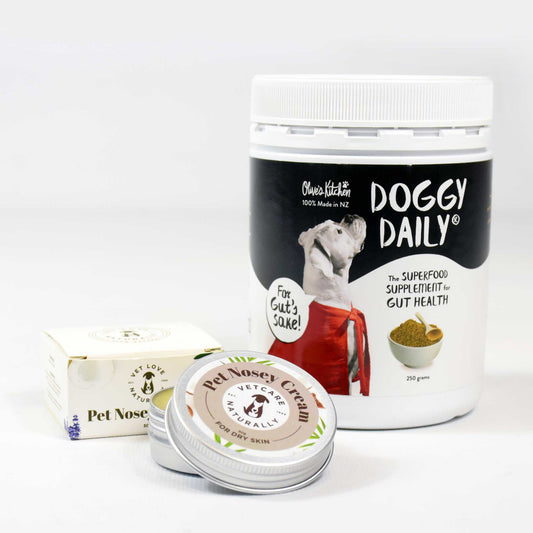Pet anxiety is a very real issue for many pet owners these days so here are some tips on what causes it, how you identify it and what you can do about it.
What triggers anxiety?
- Being separated from their owner.
- Unfamiliar people or animals.
- Storms, loud noises and vacuum cleaners.
- Older pets can experience more anxiety.
- Hormonal imbalance, malnutrition and other medical issues can contribute to anxious behaviour.
- Previous negative experiences can lead to stress when the situation is repeated.
What to look for?
Signs that your dog is anxious:
- Shaking, dribbling, whining, howling, running away to a hiding place
- Inappropriate soiling inside or starting to chew themselves
- Not eating
- Not wanting to go for a walk
- Dilated eyes
- Restless and unable to settle, pacing
- Some dogs become destructive
- Frenzied activity
- Frozen with fear – too frightening to move
Signs that your cat is anxious:
- Cats tend to hide away to show fear.
- They can also become defensive and hiss or attack other pets
What to do?
- Keep calm yourself, be quiet and gentle.
- Try patting your dog gently on the side body or give them a treat for positive behaviour.
- Distraction is best.
- Desensitise your pet. Play the loud noise gently at first then slowly increase the associated noise level - up to normal. This works well with fireworks and thunderstorms.
- Use herbal supplements to reduce arousal levels.
- Many vets offer behavioural modification or medication to reduce symptoms.
- Many natural remedies work really well on pets.
- Be proactive, attend puppy preschool, socialise before 14 weeks and encourage a wide range of normal experiences for your pet.
- Seek professional veterinary help and advice.
What not to do.
- Try not to overreact as this makes things worse and dogs can mimic their owners anxieties.
- When in doubt - stop talking.
- Be disappointed with your dog. You don't know what early life experience may have caused this reaction. Many dogs have been abused by previous owners.
Remember, anxiety can be scary for pets and people. If you see a recurring pattern of behaviour see your local vet for care and further details.
Dr Heidi Ward- McGrath
Veterinary surgeon and clinician
Sedapet™ - Natural New Zealand Herbal Remedy for Pet Anxiety
If you are looking for a natural New Zealand herbal remedy for pet anxiety try Sedapet™. Made from the highest quality herbal ingredients (Chamomile, St John’s Wort, Skullcap, Passionflower) SedaPet™ is natural herbal sedative for anxious pets.
Discover Sedapet™ Dog
Discover Sedapet™ Cat







